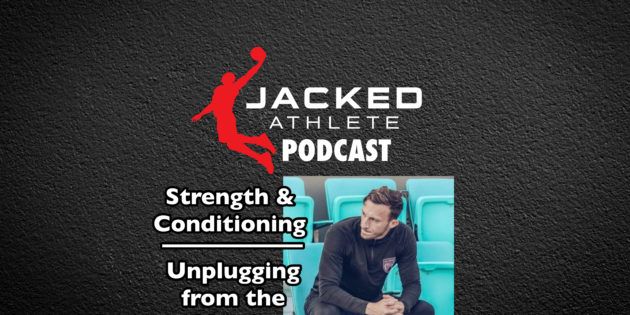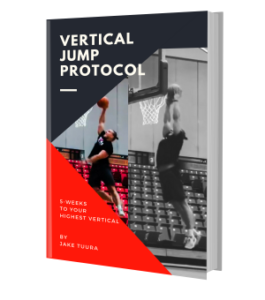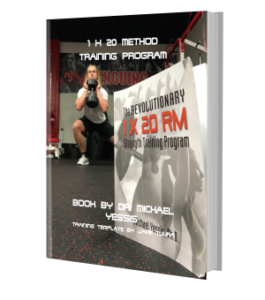“Strength coaches tend to have a bottom-up approach (start with strength, elasticity and then move towards how it affects the game).”
“Take the sport (scoring one more goal) as the starting point and then work back from it (what helps you do that).”
“Doing less in general should be probably the first thing that we do [as a strength coach].”
“If you could do one of two, either just be in the weightroom or just be on the field for an hour, which would you choose?”
“If they’re playing their sport more and making better decisions in their sport then they’re probably going to get better rather than doing 2 more sets of RDLs.”
“The biggest stakeholder in injury reduction should be the head coach.”
“If we can give them what they need rather than what they can handle.”
“As an objective person, it’s really easy to break these things down and understand them. But we don’t always have conversations with objective people.”
Language: “If we start the conversation and it’s eccentric hamstring strength and high speed running and distance and accels and decels, coach is immediately turned off.”
Conditioning: “For me, it’s the game.”
“It’s a part of football conditioning (Communication, Decision Making, Executions of Decisions).”
Football Fitness: “If you can’t pass the ball 10 yards, it doesn’t matter how many times you can’t pass the ball 10 yards… start with the sport and then have a capacity to do that.”
Reducing injuries: “Getting your training schedule is probably the most important.” “In the collegiate it’s most likely going to be via negativa, reducing what you’re doing instead of doing more.”
“If the strength numbers are great and we’re still losing, we’re probably all going to get sacked so it doesn’t matter.”
“I don’t think strength coaches know enough about sport.”
“I worked with swimming for 2 years. I know very little about swimming to this day… I’m able to look at it biomechanically but I don’t know what it’s like to get in the pool two times a day.”
What really matters: “Can you do it [sport actions] for more for longer.”
“What matter more? Is it the training or is it the fact that they have better recruits and better players? It’s probably the latter.”
“The best people in performance will probably be an assistant coach who learns a little bit about strength and conditioning rather than a strength and conditioning coach who learns a little bit about their sport.”
“If you’re pushing them and they can’t do it, then it’s a fitness issue. But, if they’re not doing it for 10 minutes because they’re lazy, then it’s not a fitness issue anymore.”
“Is it they’re not fit or they’re lazy? Is it they’re not fit or they don’t actually understand what they’re supposed to do?”
“If the sport is the starting point then does it really matter that you get all the way down to muscle actions and being able to produce a bigger muscle action?”
“It has to always start at the top and go down, which means you’re probably going to do a lot less strength training and a lot more specific exercises.”
“The reality is, if we walked away and there was no strength coach, it probably wouldn’t really affect wins and losses.”



